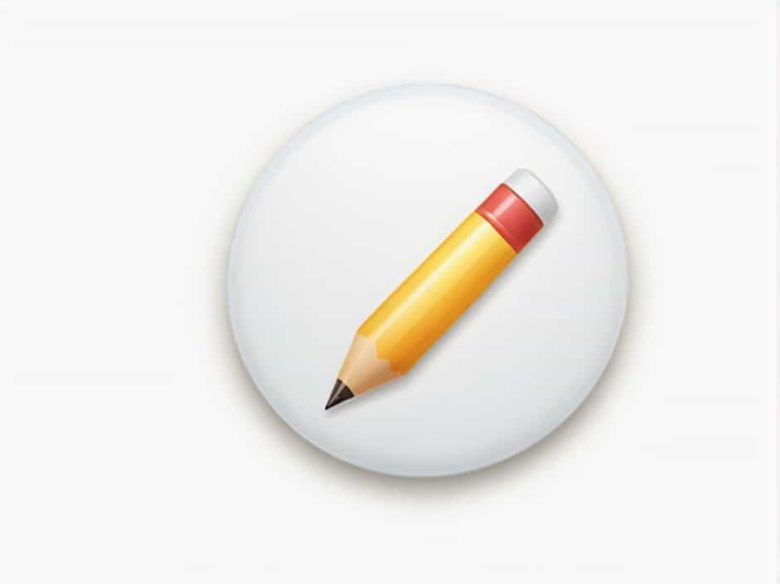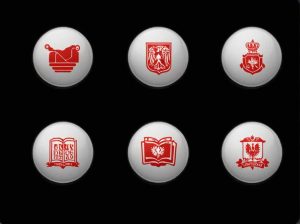Cramming the night before an exam is not the ideal study method but sometimes life gets in the way and last-minute preparation becomes necessary. If you find yourself in this situation don’t panic. With the right approach you can maximize your study time and improve your chances of performing well.
This topic provides practical tips for cramming efficiently while avoiding burnout and fatigue.
1. Set Realistic Study Goals
Prioritize Important Topics
Instead of trying to cover everything focus on the most important topics. Check your syllabus class notes or past exam questions to identify the key concepts likely to appear on the test.
Use the 80/20 Rule
The Pareto Principle or the 80/20 rule suggests that 80% of results come from 20% of the effort. Focus on the high-yield information that will give you the most benefit in a short period.
2. Create a Study Plan
Allocate Time Wisely
Break your study session into manageable time blocks. A good approach is the Pomodoro Technique:
- Study for 25-50 minutes
- Take a 5-10 minute break
- Repeat the cycle to maintain focus and avoid exhaustion
Avoid Multitasking
Jumping between topics or trying to study while watching TV will slow you down. Stick to one subject at a time and avoid distractions.
3. Use Active Learning Techniques
Summarize Key Points
Instead of passively reading your textbook write short summaries of important concepts. This will help reinforce your memory.
Teach the Material
Explaining what you just learned to someone else (or even yourself) helps with better retention. Try teaching concepts aloud as if you were giving a mini-lecture.
Use Mnemonics and Memory Tricks
Acronyms rhymes and visual associations can help you memorize difficult information. For example to remember the planets in order you can use:
“My Very Educated Mother Just Served Us Nachos” (Mercury Venus Earth Mars Jupiter Saturn Uranus Neptune).
4. Leverage Study Aids
Flashcards
Use flashcards (physical or digital like Anki or Quizlet) to review definitions and key facts.
Mind Maps
Creating a mind map can help you connect ideas visually and improve recall.
Past Exam Questions
If possible practice with past exam papers to get familiar with the question format and identify frequently tested topics.
5. Stay Hydrated and Eat Smart
Avoid Heavy Meals
Eating heavy or greasy foods can make you feel sluggish. Instead choose brain-boosting snacks like:
- Nuts and seeds (good for memory)
- Dark chocolate (boosts focus)
- Fruits like bananas and blueberries (provide energy)
Drink Water Not Energy Drinks
Dehydration can cause fatigue and headaches so drink enough water. Avoid excessive caffeine or energy drinks as they can lead to a crash later.
6. Minimize Distractions
Turn Off Notifications
Put your phone on silent mode or use apps like Forest or Freedom to block distracting websites.
Choose a Quiet Study Spot
Find a quiet environment with minimal distractions. A clean desk or library setting can improve concentration.
7. Get Some Sleep
Don’t Pull an All-Nighter
Lack of sleep affects memory and concentration. Aim for at least 4-6 hours of rest so your brain can process and retain information.
Use Power Naps
If you’re exhausted a 20-minute power nap can help recharge your brain without making you groggy.
8. Stay Calm and Confident
Take Deep Breaths
If stress starts creeping in take a few deep breaths. Deep breathing can help reduce anxiety and improve focus.
Visualize Success
Imagine yourself confidently answering questions in the exam. A positive mindset can boost your performance.
Cramming the night before an exam isn’t ideal but if done correctly it can still be effective. By prioritizing key topics using active learning techniques minimizing distractions and getting some sleep you can maximize your study time and improve your chances of success.
Good luck!



